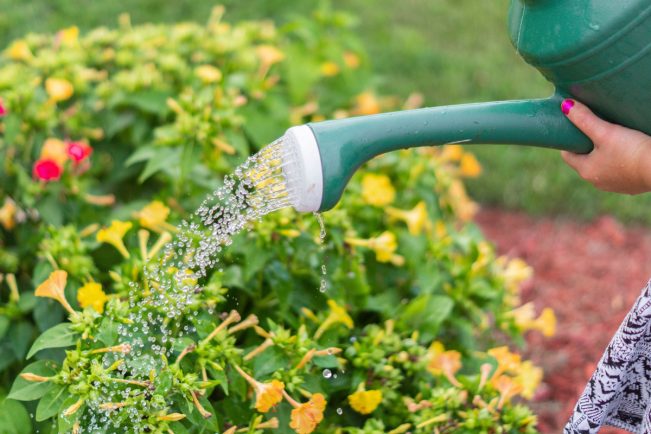Introduction:
In an era of increasing environmental awareness, sustainable gardening practices have become more than just a trend—they’re necessary. By adopting eco-friendly techniques in our gardens, we can minimize our environmental impact while creating vibrant, thriving outdoor spaces. In this article, we’ll explore a range of sustainable gardening practices and offer practical tips for cultivating a greener garden that benefits both the planet and our well-being.
Choose Native Plants:
One of the simplest ways to promote sustainability in your garden is by selecting native plants. Native species are well-adapted to the local climate and soil conditions, reducing the need for excessive watering, fertilization, and pest control. By incorporating native plants into your garden design, you can create a habitat that supports local wildlife while conserving water and resources.
Practice Water Conservation:
Water is a precious resource, and conserving it in the garden is essential for sustainability. Consider installing a rainwater harvesting system to collect rainwater for irrigation, or invest in a drip irrigation system that delivers water directly to the roots of your plants. Mulching around your plants can also help retain soil moisture and reduce evaporation, while regular monitoring of soil moisture levels can prevent overwatering.
Compost Kitchen and Garden Waste:
Instead of sending your kitchen and garden waste to the landfill, why not turn it into nutrient-rich compost for your garden? Composting is a simple and effective way to recycle organic matter, such as fruit and vegetable scraps, lawn clippings, and fallen leaves, into a valuable soil amendment. By adding compost to your garden beds, you can improve soil structure, fertility, and moisture retention, reducing the need for synthetic fertilizers like lawn fertiliser.
Embrace Organic Gardening Practices:
Chemical pesticides and fertilizers can have harmful effects on the environment, including polluting waterways and harming beneficial insects and wildlife. Instead, opt for organic gardening practices that prioritize natural solutions for pest and disease control. Integrated pest management techniques, such as attracting beneficial insects and birds to your garden or using companion planting to deter pests, can help maintain a healthy balance in your garden ecosystem without resorting to harmful chemicals.
Reduce Lawn Size and Maintenance:
Lawns require significant resources to maintain, including water, fertilizer, and gasoline for lawn mowers. Consider reducing the size of your lawn by creating garden beds or installing permeable paving materials that allow rainwater to infiltrate the soil. Choose low-maintenance grass varieties that require less water and fertilizer, and leave grass clippings on the lawn to decompose naturally and return nutrients to the soil.
Conclusion:
Incorporating sustainable gardening practices into your gardening routine is not only beneficial for the environment but also for your garden’s health and vitality. By choosing native plants, conserving water, composting organic waste, embracing organic gardening techniques, and reducing lawn size and maintenance, you can create a greener garden that thrives in harmony with nature. So roll up your sleeves, dig in the dirt, and join the growing movement towards sustainable gardening for a brighter, healthier future.











